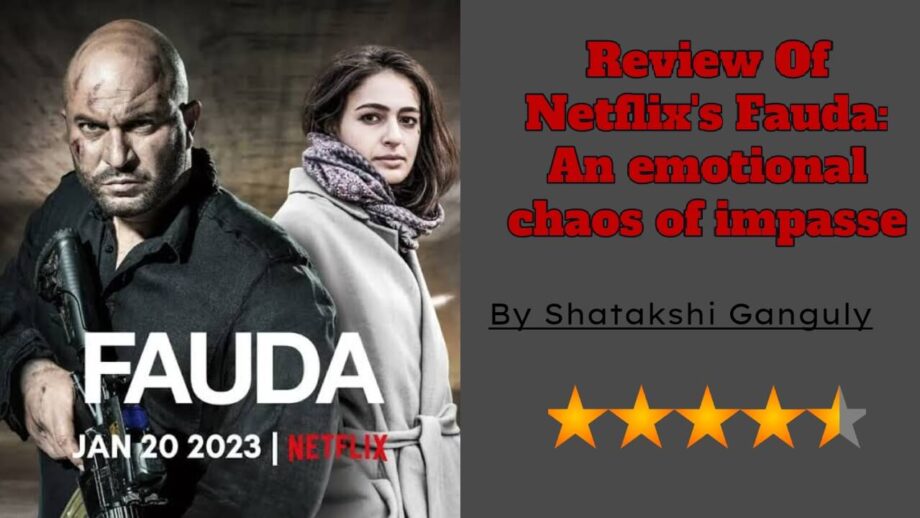“Fauda,” the tenuously concentrated drama on an Israeli undercover combating terrorism team, has been charged with romanticising the Israeli government troops and erasing the suffering of Palestinians inside the disputed territories. It’s difficult to refute those claims after watching the show’s two seasons; the second airs on Netflix in the US on Thursday. It’s also difficult to envision how a commercial TV show produced by Israelis for the natives would vary substantially.
Doron Kavillio, who is strongly venerated as the Israeli James Bond, has not yet finally healed from the miseries and hardships he had to make to join the nation’s elite spy unit, which has become known as its strongest shield deterring it by incinerating midst the spiralling out of control geostrategic downturn. Constructing on what seems to be among the most combustible episodes of the hit show, Doron also persists in being a civic outcast in the show’s season finale.
The series has channelled a fair depiction of the conflict between Hamas and Hezbollah and Mossad and the Israel Défense Forces. However, its rendition of the world is done in an infinitude of loops and layers. The good and the evil are left to thaw in the Middle Eastern heat in this moral Neverland in which everyone is disrupted.
The conditioning of women has been portrayed in a parallel zone to that of men in Fauda. Oddly, the bad guys are the ones with fewer marital conflicts. It is not shocking that one of Boron’s team members slept with his wife in the earlier seasons, considering his propensity for extended absences. Being unfaithful is inevitable. That Boron was divorced at the start of season 3 is also not shocking. Other elements, such as his dubious decisions regarding a crucial female protagonist in season 2, contributed to that. In season 4, the drama creates fresh, iconic illustrations of the women.
Fauda’s ability to weave brief but consequential episodes of gravitas into the action is among its countless core competencies. This is mainly owing to the series’ consistent theme of the correlation among both fathers and sons, which is traversed in myriad ways across all three seasons. For example, the main dispute of the second season was exacerbated by sons desiring father-related reprisals. And this time, Doron is back to combat back an old foe.
Raz and his co-writer Avi Issacharoff theorised no one would witness an Israel defence Force drama that begins to look at the discord from both sides and has half the discourse in Arabic when Fauda, which indicates “chaos” in Arabic, first premiered in Israel in 2015. In addition, Raz illustrates the lead role of Doron Kavillio, an unorthodox warrior in the IDF’s covert counterterrorism unit.
And you still ask what makes it so intimidating at its best? – The heart-pumping action scenes the show inculcates in and out make it a standing-out watch on your screens. Also, the never losing grounds of what it takes in the aftermath of antipathy in the cruxes of humanity as a whole! Almost a movement that can be your ultimate psychic deadlock.
IWMBuzz rates it 4.5 stars.

